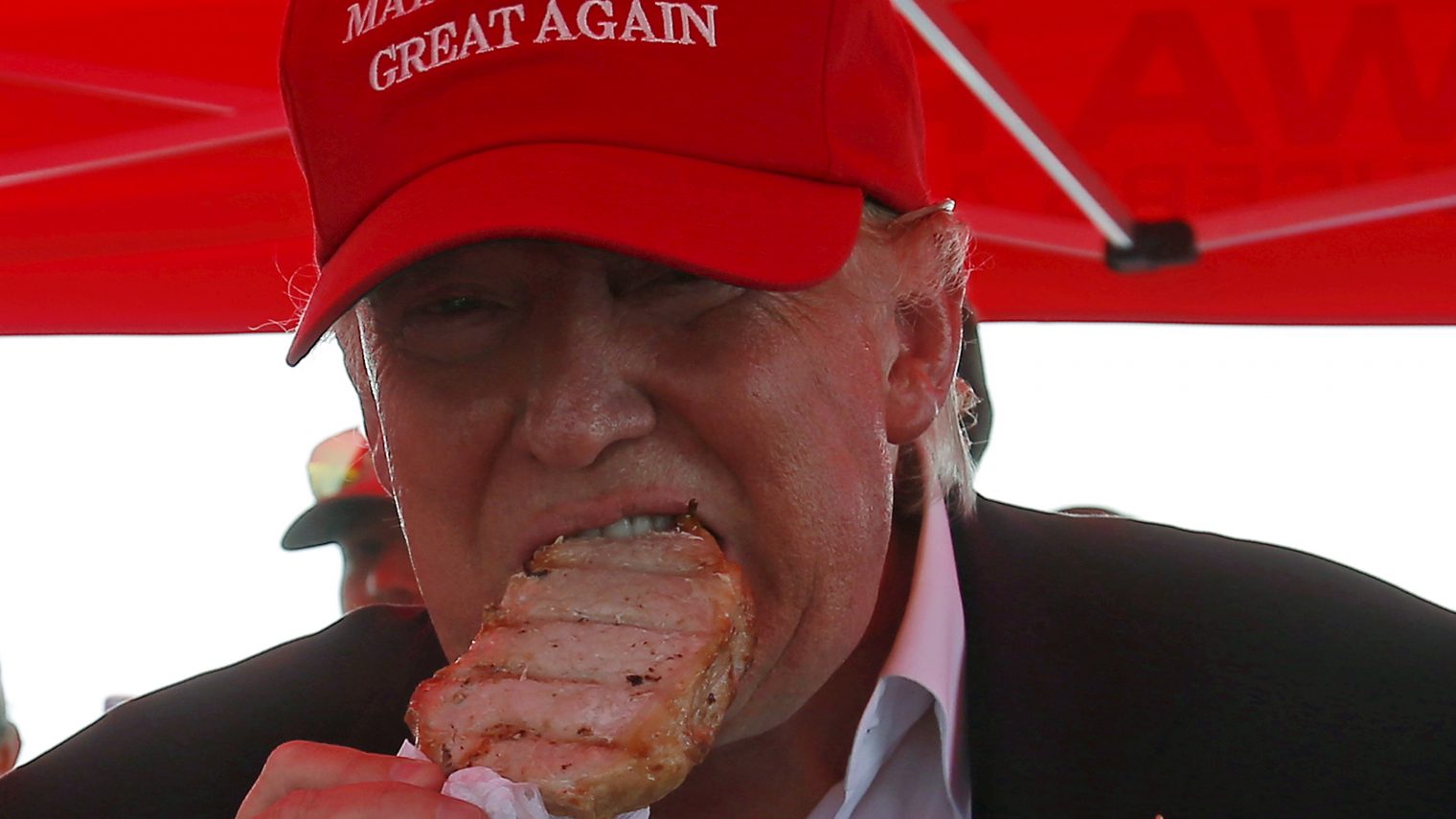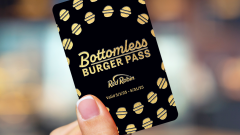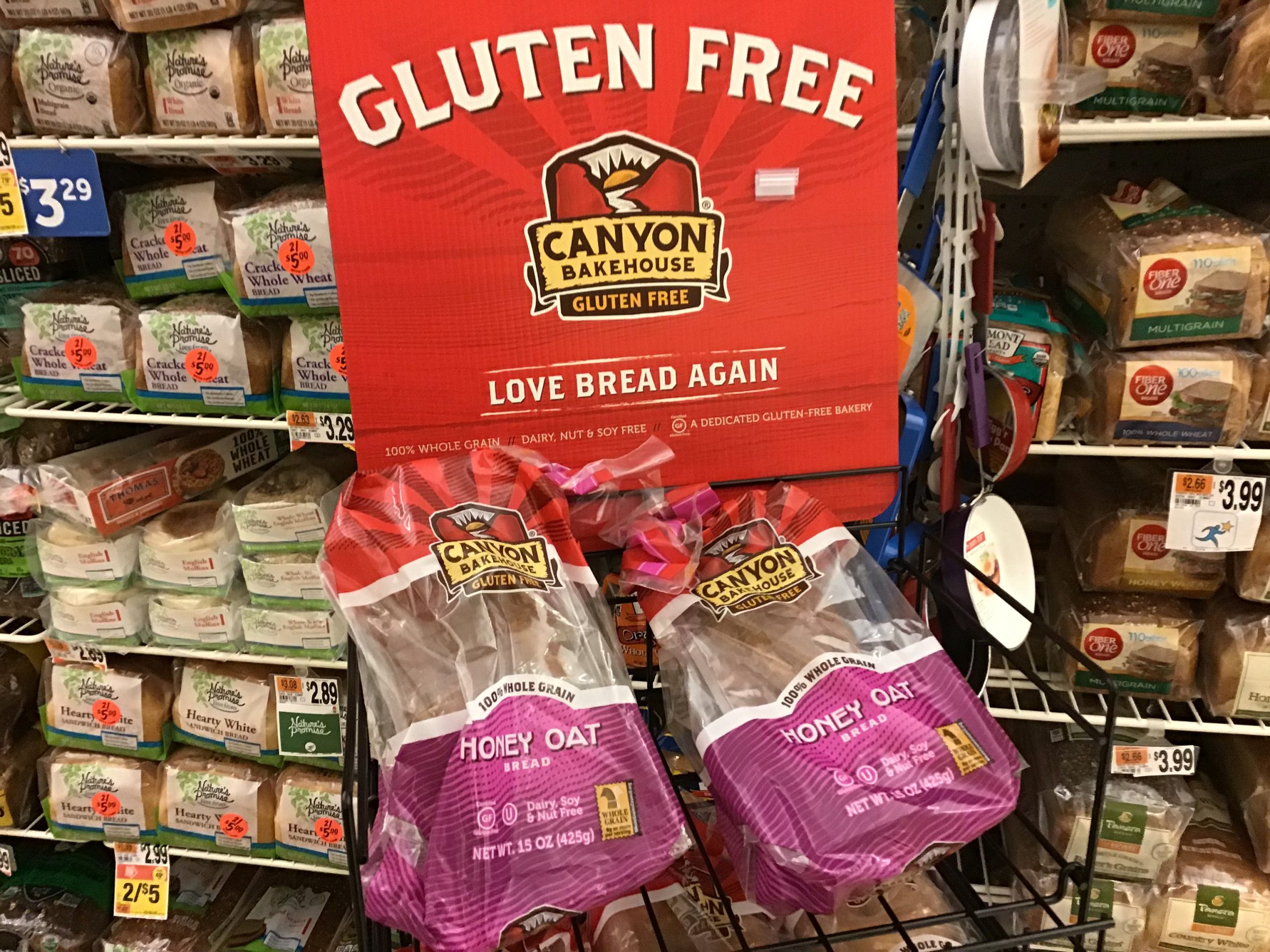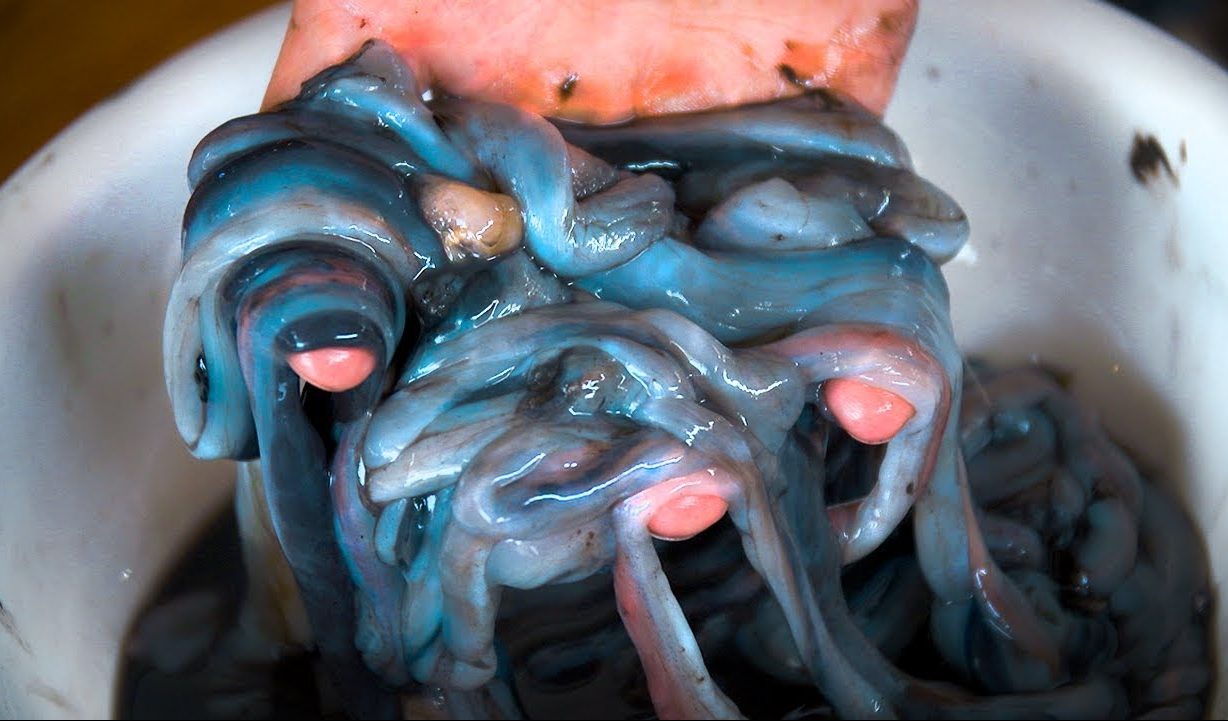How Donald Trump’s Presidency Will Affect Your Food

With the dust mostly settled following one of the most divisive Presidential elections in American history, we have our new president-elect: Republican nominee Donald Trump.
Reactions have already sprung up all across the world over what this means for America. Some of these reactions have considered the potential future for the food industry. We’ve taken a look at articles from the Wall Street Journal, Eater, and others to figure out what president-elect Trump’s plans outline for the future of your food.
The Cost of Food Will Likely Increase

Photo: Publish Your Articles
Under Donald Trump, America is likely to see a continual increase in food prices – and not one that just results from inflation.
Trump’s policy to close the Mexican border would definitely increase food cost. Eater reported a study on economic effects of closing the border that would lead to massive drops in production of produce and meat.
Closing the border would also lead to an increase in wages that would see revenues for farmers drop as low as 40 percent, pushing the cost of food up 5 or 6 percent while decreasing the supply of fresh produce in markets.
Donald Trump’s additional plans to reduce SNAP funding, as reported by Food Revolution, would also increase the cost of food for Americans currently on SNAP and render fresh produce basically unaffordable for SNAP users.
Considering that many areas in America already lack access to fresh produce and are trapped in “food deserts,” this could present a major problem for nutritional and health quality in many lower-income areas of the United States.
Food May Become Less Safe and More Susceptible to Fraud.

A tax plan released a couple of months ago by the Trump Campaign included a plan to slash the power of the “FDA Food Police”, as the campaign called it. Guidelines by the FDA on the planting, hygiene, production, and processing of food would be harshly limited.
These guidelines are intended to ensure the safety of food – fresh or processed – being sold to consumers. Without these guidelines, food-borne illness is more likely to develop as the ability to measure food safety would diminish with funding decreases.
Decreasing the FDA’s power would not only make food less safe – it would also make it more susceptible to fraud. With Trump’s policies imposing limits on facility inspections (where only 5-6% of facilities are currently inspected annually), food facilities would find it easier to adulterate foods with cheaper substitutes for lower cost.
GMO Labeling Efforts Will Likely Fail

Donald Trump has confirmed via Twitter that he supports GMO food and preventing the labeling of GMOs. While efforts like the Non-GMO Project aren’t governmental and consumers will continue to demand non-GMO, government efforts to require GMO labeling would likely backpedal under a Trump presidency.
Our Food Supply May Become Less Sustainable

The sustainability of our food supply, and ability to adequately feed the world healthy and nutritious food in the future, are at risk under President Trump. His policy on climate change is that it is a hoax, and he aims to backpedal efforts to increase environmental protections – and maybe even scrap the EPA altogether.
Apart from this increasing the amount of pesticides that would be used on our foods, this would also mean that our soil quality would be impacted by severe weather conditions resulting from climate change. Droughts in California and Texas have already brought this issue to light, with the cost of beef jumping 34 percent in a four-year span as feed production decreased and cost increased.
These weather systems make more land unusable for food production, meaning that we have less land to feed an increasing population – and a higher price of food as a result.
There’s A Likelihood That Children’s School Lunches Become More Unhealthy

Many of Donald Trump’s top food advisers are advocates of unhealthier food and don’t consider sustainability concerns. These advisers include Texas Ag Commissioners like Sid Miller, who ensured that Texan school children could eat all of the desserts and fried food that they wanted, and Todd Staples, who resigned over the implementation of “Meatless Monday” programs and called limitations on meat consumption “treasonous.” They clearly do not have children’s health in mind – which could lead to further increases on childhood obesity rates in America as healthy lunch programs would likely be slashed.
Donald Trump’s stances on food policy spell out a grim outlook on the future of food, with prices rising and sustainability and accessibility falling. One can only hope that the efforts of those fighting for a more sustainable and accessible future of food can prevent this future from taking hold.






















